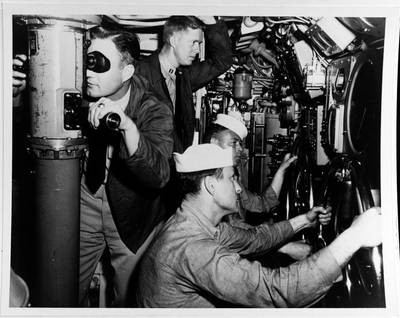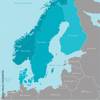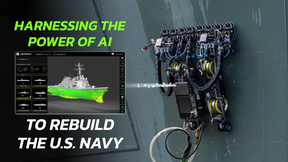Obituary: Lieutenant James Earl Carter Jr., USN - 39th American President
President James Earl "Jimmy" Carter passed away on December 29, 2024, at the age of 100.
President Carter graduated from the U.S. Naval Academy in 1946 with distinction, after which he was assigned to USS Wyoming (E-AG 17) as an ensign. After completing two years of surface ship duty, Carter applied for submarine duty. He served as executive officer, engineering officer, and electronics repair officer on the submarine SSK-1.
When Admiral Hyman G. Rickover (then a captain) started his program to create nuclear-powered submarines, Carter wanted to join the program and was interviewed and selected by Rickover. Carter was promoted to lieutenant and from November 3, 1952 to March 1, 1953, he served on temporary duty with the Naval Reactors Branch, U.S. Atomic Energy Commission, Washington, D.C., to assist "in the design and development of nuclear propulsion plants for naval vessels."
From March to October 1953, Carter was preparing to become the engineering officer for USS Seawolf (SSN-575), one of the first submarines to operate on atomic power.
However, when his father died in July 1953, Carter resigned from the Navy and returned to Georgia to manage his family interests. Carter was honorably discharged on October 9, 1953 and transferred to the retired reserve at his request with the rank of lieutenant. The Seawolf-class submarine Jimmy Carter (SSN-23) is named for the 39th president.
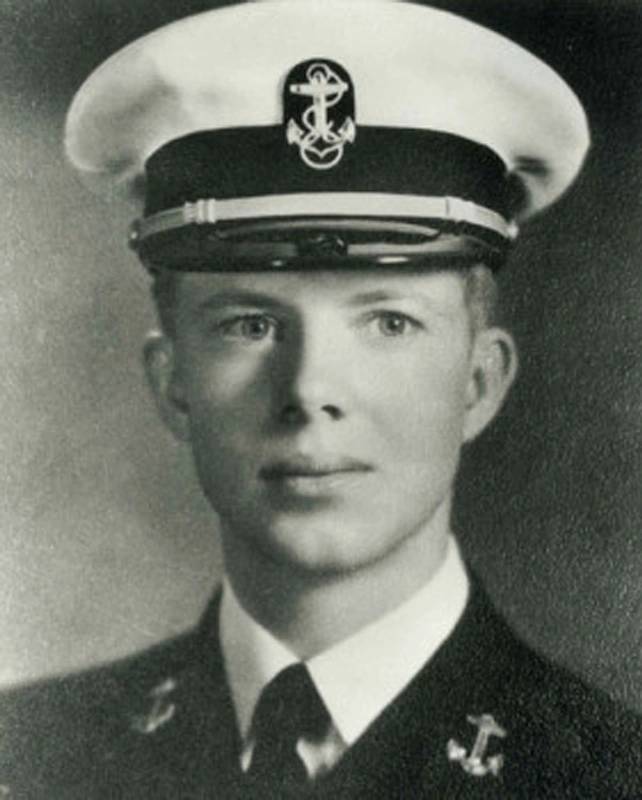
Jimmy Carter, was an earnest Georgia peanut farmer who as U.S. president struggled with a bad economy and the Iran hostage crisis but brokered peace between Israel and Egypt and later received the Nobel Peace Prize for his humanitarian work.
Carter, a Democrat, became president in January 1977 after defeating incumbent Republican President Gerald Ford in the 1976 election. His one-term presidency was marked by the highs of the 1978 Camp David accords between Israel and Egypt, bringing some stability to the Middle East.
But it was also dogged by an economic recession, persistent unpopularity and the Iran hostage crisis that consumed his final 444 days in office. Carter ran for re-election in 1980 but was swept from office in a landslide as voters embraced Republican challenger Ronald Reagan, the former actor and California governor.
Carter lived longer than any U.S. president and, after leaving the White House, earned a reputation as a committed humanitarian. He was widely seen as a better former president than he was a president - a status he readily acknowledged.
World leaders and former U.S. presidents paid tribute to a man they praised as compassionate, humble and committed to peace in the Middle East.
"His significant role in achieving the peace agreement between Egypt and Israel will remain etched in the annals of history," said Egyptian President Abdel Fattah al-Sisi in a post on X.
The Carter Center said there will be public observances in Atlanta and Washington. These events will be followed by a private interment in Plains, it said.
Final arrangements for the former president's state funeral are still pending, according to the center.
Carter left office profoundly unpopular but worked energetically for decades on humanitarian causes. He was awarded the Nobel Peace Prize in 2002 in recognition of his "untiring effort to find peaceful solutions to international conflicts, to advance democracy and human rights, and to promote economic and social development."
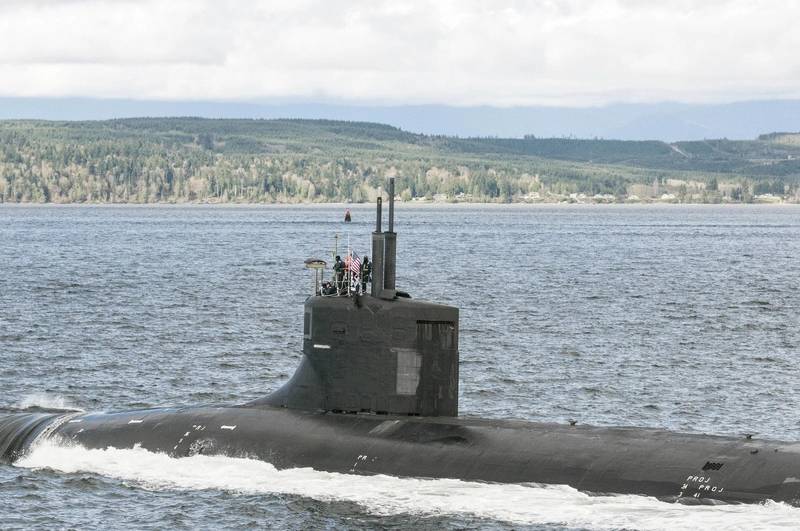 The Seawolf-class fast-attack submarine USS Jimmy Carter (SSN 23) transits the Hood Canal as the boat returns home to Naval Base Kitsap-Bangor. Jimmy Carter is the last and most advanced of the Seawolf-class attack submarines, which are all homeported at Naval Base Kitsap. (U.S. Navy photo by Lt. Cmdr. Michael Smith/Released)
The Seawolf-class fast-attack submarine USS Jimmy Carter (SSN 23) transits the Hood Canal as the boat returns home to Naval Base Kitsap-Bangor. Jimmy Carter is the last and most advanced of the Seawolf-class attack submarines, which are all homeported at Naval Base Kitsap. (U.S. Navy photo by Lt. Cmdr. Michael Smith/Released)
Despite his difficulties in office, Carter had few rivals for accomplishments as a former president. He gained global acclaim as a tireless human rights advocate, a voice for the disenfranchised and a leader in the fight against hunger and poverty, winning the respect that eluded him in the White House.
A Southern Baptist Sunday school teacher since his teens, Carter brought a strong sense of morality to the presidency, speaking openly about his religious faith. He also sought to take some pomp out of an increasingly imperial presidency - walking, rather than riding in a limousine, in his 1977 inauguration parade.
By the 1980 election, the overriding issues were double-digit inflation, interest rates that exceeded 20% and soaring gas prices, as well as the Iran hostage crisis that brought humiliation to America. These issues marred Carter's presidency and undermined his chances of winning a second term, and Carter lost the 1980 election to Reagan, who won 44 of the 50 states and amassed an Electoral College landslide.
James Earl Carter Jr. was born on Oct. 1, 1924, in Plains, Georgia, one of four children of a farmer and shopkeeper. He graduated from the U.S. Naval Academy in 1946, served in the nuclear submarine program and left to manage the family peanut farming business.
He married his wife, Rosalynn, in 1946, a union he called "the most important thing in my life." They had three sons and a daughter.
Carter became a millionaire, a Georgia state legislator and Georgia's governor from 1971 to 1975. He mounted an underdog bid for the 1976 Democratic presidential nomination, and out-hustled his rivals for the right to face Ford in the general election.
With Walter Mondale as his vice presidential running mate, Carter was given a boost by a major Ford gaffe during one of their debates. Ford said that "there is no Soviet domination of Eastern Europe and there never will be under a Ford administration," despite decades of just such domination. Carter edged Ford in the election, even though Ford actually won more states - 27 to Carter's 23.
Not all of Carter's post-presidential work was appreciated. Former President George W. Bush and his father, former President George H.W. Bush, both Republicans, were said to have been displeased by Carter's freelance diplomacy in Iraq and elsewhere.
In 2004, Carter called the Iraq war launched in 2003 by the younger Bush one of the most "gross and damaging mistakes our nation ever made." He called George W. Bush's administration "the worst in history" and said Vice President Dick Cheney was "a disaster for our country."
Carter also made trips to communist North Korea. A 1994 visit defused a nuclear crisis, as President Kim Il Sung agreed to freeze his nuclear program in exchange for resumed dialogue with the United States. That led to a deal in which North Korea, in return for aid, promised not to restart its nuclear reactor or reprocess the plant's spent fuel. But Carter irked Democratic President Bill Clinton's administration by announcing the deal with North Korea's leader without first checking with Washington.
Carter wrote more than two dozen books, ranging from a presidential memoir to a children's book and poetry, as well as works about religious faith and diplomacy. His book "Faith: A Journey for All," was published in 2018.
(Reuters & Staff)



